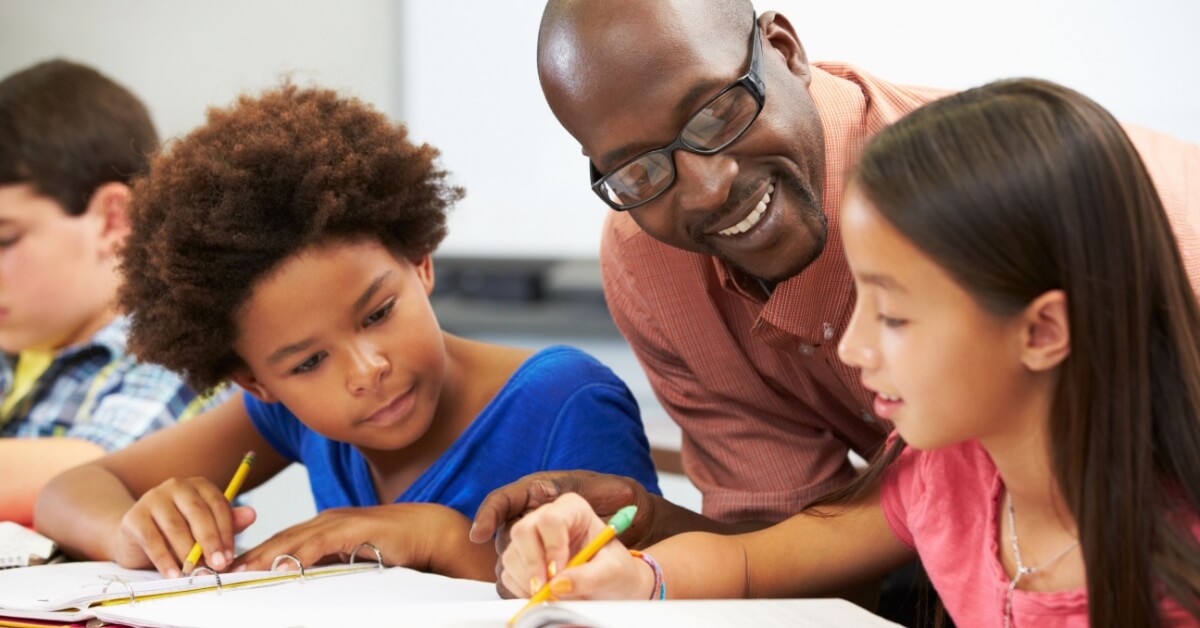March 11, 2024
This might be an unpopular article, or even an unpopular point of view. Especially as I am hosting a series of interviews for the EdTech Showcase podcast, but here goes. . .
I’m tired of all the new EdTech. I’m tired of technology teaching the same ways and the same things our teachers are teaching. I’m tired of the promises of better test scores and faster learning. The old way of teaching isn’t working. Better test scores create nothing but a series of numbers. Faster learning usually aligns with faster forgetting.
Don’t get me wrong, I love technology. Tech that is new, that is innovative, that creates less work, does the things we don’t want to do, or automates task work. Tech that enlivens, engages and creates new ways of interacting, creating, storing information is exciting. But tech that does what teachers have been doing is useless. Let the humans do their job; a big part of school and learning isn’t the material or content, it’s the connection, the mentorship, the friendship, the social time together as humans. The micro interactions and the deep discussions; even on zoom these things are not the same without being…

